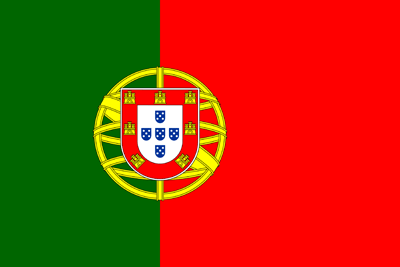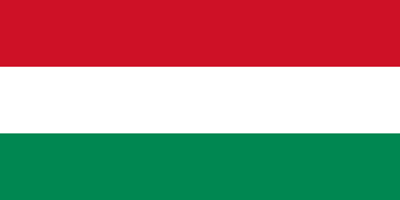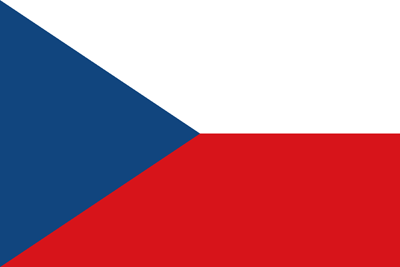Mikhail Lermontov
On October 10, 1840, Lermontov took command of a Cossack hundred. This hundred and Lermontov himself distinguished themselves in battles on October 12 and 15 near the Shalinsky Forest and during the crossing of the Argun River. As a hundred leader, Lermontov did not stay away from the fighting. He personally led the Cossacks into battle for Mother Russia, for which he was recommended for an award. From October 16 to 26, 1840, the poet wrote to A. A. Lopukhin from Chechnya: “Dear Alyosha, I am writing to you from the fortress of Grozny, which we, the detachment, returned to after a 20-day expedition in Chechnya. I do not know what will happen next, but for now, fate is not treating me too harshly: I inherited from Dorokhov, who was wounded, a selected team of hunters consisting of one hundred Cossacks...”.
Entering Cossack territory, Lermontov wrote the poem "Goodbye, unwashed Russia...". Life here was entirely different. He was impressed by the prosperous, free, well-off, and orderly life of the Cossacks.
On the road, the poet caught a cold, and his rheumatism worsened. M. Yu. Lermontov was treated in a military hospital in Stavropol, where he arrived on May 9, 1841. At that time, the chief of staff of the Caucasian and Black Sea Cossack lines was Lermontov's relative, General Pavel Ivanovich Petrov. Therefore, the poet felt at home in Stavropol.
Lermontov loved everything related to the Cossacks: their weapons, clothes, language, traditions, songs... He wore a Cossack fur coat. The Cossacks also respected Lieutenant Lermontov of the Tengin Infantry Regiment, knowing his work.
In the spring of 1842, when the coffin with the body of the slain poet was being transported by his servant, Andrei Ivanovich Sokolov, I.A. Sokolov, and coachman Ivan Nikolaevich Verityuk along the Astrakhan tract for reburial in Tarkhany, bad weather began. The Don River flooded. They had to stop for a week in the village of Mikhailovskaya-on-the-Don. The coffin, in an iron box, was placed in the Sretensk Church. A Cossack priest performed the burial service. Although Lermontov was not a Cossack, they saw him as a kindred spirit. During the days that the coffin with Lermontov’s body stood in the church, Cossacks from the surrounding villages came to bid him farewell.
Poem
"Song of the Cossack Lullaby"
Sleep, my beautiful baby, Baushy-baushu.
The bright moon looks quietly Into your cradle.
I will tell you fairy tales, Sing you a song;
But you, little one, sleep tight, Baushy-baushu.
The Terek River flows over the stones, The muddy waves splash;
An angry Chechen crawls to the shore, Sharpening his dagger;
But your father, an old warrior, Hardened in battle:
Sleep, my baby, be at peace, Baushy-baushu.
You will learn in time, The warrior's life;
You will boldly put your foot in the stirrup And take your rifle.
I will stitch your battle saddle With silk...
Sleep, my dear child, Baushy-baushu.
You will appear as a mighty hero, And a Cossack at heart.
I will see you off — You will wave your hand...
How many bitter tears secretly I will shed that night!
Sleep, my angel, quietly, sweetly, Baushy-baushu.
I will torment myself with longing, Hopelessly waiting;
I will pray all day long, Guess at night;
I will think that you miss me In a foreign land...
Sleep, for now, you know no worries, Baushy-baushu.
I will give you a holy icon for the road:
You place it before you, praying to God;
And when preparing for a dangerous fight, Remember your mother...
Sleep, my beautiful baby, Baushy-baushu.
The poem was written in 1838. Several legends exist about its creation. The most popular version is that it was written on the Terek in the Cossack village of Chervlenaya, under the impression of a Cossack woman singing to lull a child.
"The Lullaby" is part of Lermontov's best works, where the poet appears not in his usual solitary, bitter, and protesting stance against the surrounding world, but as someone "ready to love, with a soul open to goodness."
The poem also reflects Lermontov's close knowledge of the military life of the Cossacks and Cossack folklore.
Vissarion Grigorievich Belinsky (famous literary critic)
Lesson Plan for Grade 2 Mathematics: "Learning the Strategy for Solving Problems Like 26 + 7"
Prediction of Particle Geometries Based on Atomic Orbital Hybridization
"Spiritual and Moral Education in Art Classes"
Recommendations for Teachers on Organizing Project and Research Activities

 Deutsch
Deutsch
 Francais
Francais
 Nederlands
Nederlands
 Svenska
Svenska
 Norsk
Norsk
 Dansk
Dansk
 Suomi
Suomi
 Espanol
Espanol
 Italiano
Italiano
 Portugues
Portugues
 Magyar
Magyar
 Polski
Polski
 Cestina
Cestina
 Русский
Русский